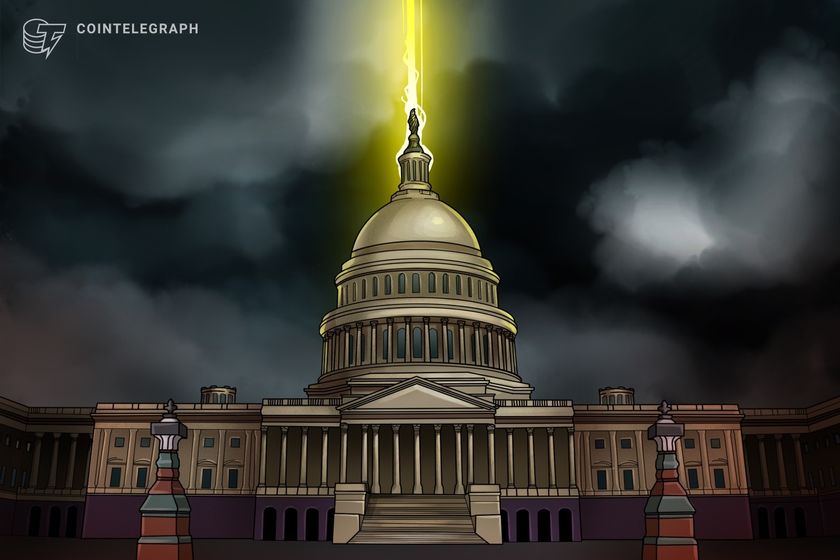

In a 60 to 38 vote, United States senators passed H.J. Res. 109, a resolution nullifying the U.S. Securities and Exchange Commission’s (SECs) Staff Accounting Bulletin No. 121. The commission’s rule requires banks to keep customers’ digital assets on their balance sheets, with capital maintained against them — a measure many lawmakers and industry leaders have criticized as stifling innovation.
“The tally, a stunning 60 ‘Yeas’ in the Senate vote, sends a strong signal that both houses of Congress, across the political divide, clearly disapprove of this rule,” stated crypto advocacy group the Blockchain Association.
However, before the resolution passed in the U.S. House of Representatives, President Joe Biden said he intended to veto the bill to “protect investors in crypto-asset markets and to safeguard the broader financial system.”
However, Perianne Boring, founder and CEO of the Blockchain Trade Association Digital Chamber, believes that support from 21 Democratic Party senators could force the White House to “rethink its strategy and position.” In her opinion, “the tides are turning for crypto in Washington.”
The Biden administration may feel pressure beyond the political sphere as the crypto community is not the only sector wishing Biden would sign the H.J. Res. 109. The American Bankers Association has openly urged “President Biden to move quickly to sign this resolution into law to help protect American consumers.”
State of Wisconsin makes $164 million investments in spot Bitcoin ETFs
The State of Wisconsin Investment Board (SWIB) reported investments in spot Bitcoin (BTC) exchange-traded funds (ETFs) offered by Grayscale and BlackRock.
The government entity responsible for managing Wisconsin’s state trust funds disclosed it held more than 2.4 million shares in the BlackRock iShares Bitcoin Trust and more than 1 million shares in the Grayscale Bitcoin Trust, worth roughly $100 million and $64 million, respectively.
The SWIB reported managing over $156 billion in assets as of December 2023, roughly 48% going into public equity investments. Other investments included shares of stock in Coinbase, MicroStrategy and CleanSpark.
Venezuela bans crypto mining
Venezuela’s Ministry of Electric Power has unveiled plans to disconnect cryptocurrency mining farms from the national grid. The move aims to regulate excessive energy consumption and guarantee a stable power supply for the population.
An X post from Venezuela’s National Association of Cryptocurrencies stated that crypto mining is prohibited in Venezuela.
This move follows a recent crackdown involving the confiscation of 2,000 cryptocurrency mining devices in the city of Maracay as part of an anti-corruption initiative.
The ministry emphasized the need to offer efficient and reliable electrical service across Venezuela by eliminating the strain caused by these high-energy-consuming farms. According to officials, these measures are essential to stabilize the national power supply, which has been unreliable for the past decade.
Microsoft faces multibillion-dollar fine in EU
Microsoft could be fined up to 1% of its annual revenue in the European Union if it doesn’t respond to a request for information by May 27.
The threat stems from a request made under the EU’s Digital Services Act concerning the company’s Bing search engine and its associated generative artificial intelligence (AI) services.
The European Commission wants Microsoft to “provide information under the Digital Services Act on generative AI risks on Bing.”
The executive body explained that the initial request was sent on May 14 “regarding specific risks stemming from Bing’s generative AI features, notably “Copilot in Bing” and “Image Creator by Designer.”
Discover more from reviewer4you.com
Subscribe to get the latest posts to your email.


